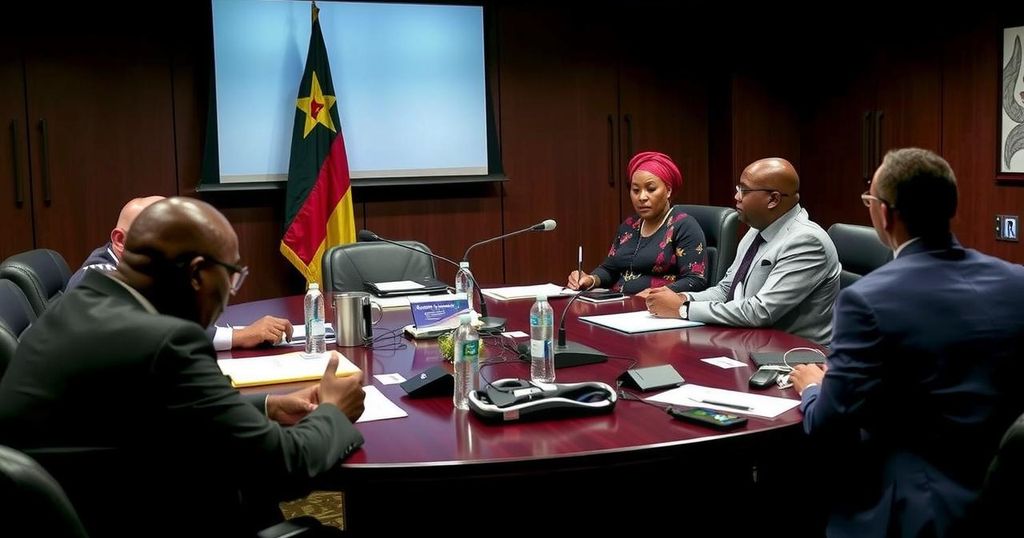Sadc has convened an extraordinary summit to address the escalating crisis in Mozambique following the controversial October 9 elections, which spurred violent protests resulting in at least 18 deaths. The opposition claims widespread electoral fraud by the ruling Frelimo party, prompting warnings of military intervention to restore order. The upcoming summit, chaired by Zimbabwe’s President, aims to discuss the implications of the unrest and its impact on regional stability.
The Southern African Development Community (Sadc) has convened an extraordinary summit in response to the escalating post-election turmoil in Mozambique, where violent protests following the October 9 election have resulted in significant casualties. Credible reports indicate that security forces have killed at least 18 individuals amid ongoing demonstrations triggered by allegations of electoral fraud against the ruling Frelimo party, which maintains authority since Mozambique’s independence in 1975. The opposition, supporting independent candidate Venancio Mondlane, has firmly rejected the election results, leading to intensified civil unrest. The newly elected leader, Daniel Chapo, will succeed Filipe Nyusi, who has concluded his tenure after two terms. Amid these crises, Defence Minister Cristovao Chume has issued warnings of military intervention to restore order, particularly ahead of a planned protest labeled “the day of Mozambique’s freedom” by opposition groups. In light of these developments, Zimbabwe, which holds the chair of Sadc, has scheduled the summit in Harare from November 16 to 20 to deliberate on regional matters, particularly the electoral situations in Mozambique and Botswana, and the impending elections in Namibia. The political instability in Mozambique poses a severe economic risk to neighboring landlocked countries reliant on Mozambican ports for trade. Observers from the European Union have criticized the recent election cycle, which they describe as fraught with serious irregularities that undermine democratic principles. As the region watches closely, Sadc’s role remains pivotal in addressing these challenges, culminating in President Emmerson Mnangagwa’s leadership during the upcoming extraordinary meeting.
Mozambique’s political landscape has been under scrutiny since its independence, particularly regarding the governance practices of the Frelimo party. The recent elections have reignited long-standing tensions between the ruling party and opposition groups, which claim widespread electoral malpractice. The fallout from these developments has not only affected domestic stability but also raised concerns for regional economic stability, as neighboring countries depend on Mozambique for access to vital port facilities. Sadc’s involvement is critical in mediating a resolution to the chaos that threatens to spill over into broader regional unrest.
In summary, the Sadc has responded to the crisis in Mozambique by calling an emergency summit focused on electoral integrity and regional stability. The widespread protests reflecting public discontent with the election results highlight critical issues of governance and accountability. As regional leaders gather to discuss solutions, the unfolding situation in Mozambique remains a critical point of concern for both the nation and its neighboring states.
Original Source: www.theeastafrican.co.ke






